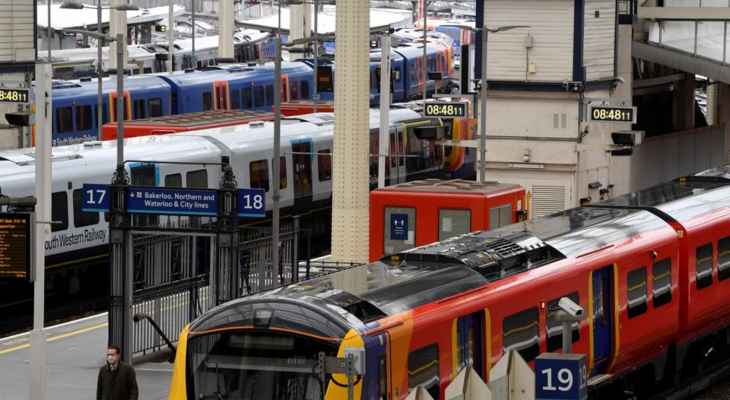On Saturday, the UK faced the biggest rail strike in decades, with tens of thousands of workers in three unions on strike over wage and job security disputes, shutting down much of the country’s rail network.
These are the latest strikes in a year that saw widespread labor unrest in Britain, involving everyone from transport and postal workers to lawyers, after rising living costs and skyrocketing energy bills outpaced wage increases.
With inflation at around 10%, the highest in 40 years, the unions say the wage proposals for their workers mean wage cuts in real terms.
A total of more than fifty thousand railway workers, represented by the General Federation of Railway, Marine and Transport Workers, the Union of Engineers and Train Engineers and the Union of Transport and Tourism Enterprises, will hold a 24-hour strike on Saturday. will affect 14 train operating companies in addition to Rail Network, which owns the train infrastructure.
The rail network described the strikes as “unnecessary and harmful”, saying its latest offer was eight pay increases over two years with benefits.
She said that only about 11 percent of trains would run on Saturday, and there would be no trains at all in some parts of the country.
Source: El Nashra
